By: Lisa P.
Several Contributors here (including Kandi and Dee) have mentioned important friendships they have made with cisgender females. I cherish my friendships with many of you here at Kandi’s Land (including our webmistress, who I consider a great friend), and I would encourage everyone to develop friendships (even if only online) with other CD/TG women as a way to have others with whom you can share your unique experiences. Building on those friendships, many of which deepened during 2022, I decided to add to my 2023 bucket list the goal of developing cisgender female friendships. Happily as of this date, I can say that I have made progress. I thought I would share some insights on the topic of cisgender friendships, in case it is relevant to your own CD/TG needs or aspirations.
I should start with a little background. As most of you know, I am not “out” as a TG woman (that is, people who know me as Lisa do not know the rather self-important and socially-connected male fellow married to the beautiful (if somewhat worried) and successful professional woman and currently living in the suburbs of the American South. Through it all, I have achieved modest success with a social transition that allows me to interact weekly (and sometimes daily) with other women as Lisa. Yet, even as I have gotten increasingly more involved in these wonderful activities, I still have felt lonely (as Lisa) quite a bit. I am guessing that more than one of you can relate to that comment, because so much of the CD/TG life is lived in isolation. We humans are mammals and as such are social animals crying out for human contact. When we don’t get it, we are sad and can become depressed. Plus, I do believe there is real value in developing cisgender female friendships if we want to be further socialized into the female world. A true friend will set us straight if we misstep or fail to do what we are supposed to do, without abandoning the friendship. Whether male or female, that honesty and loyalty mix with friends is extremely important.
Last autumn I had an open discussion with one of my pastors in the UK to ask her advice on how to develop friendships with cisgender women that would not be threatening to my lovely bride (“other women” not being part of our marriage contract). My pastor recommended women clergy (particularly newly appointed ones), as they often have a difficult time making new friends and for obvious reasons cannot easily become friends with members of their own congregation. That was good advice, and in fact I now have a new friend who is a second career pastor and former business professional. She doesn’t have a lot of time to socialize (as she has five children!), but we have enjoyed one another’s company on the rare occasion when we get together.
One could say that I have met my goal by developing that single friend. But I am by no means declaring “victory” and I continue to work on this effort, as I detail more specifically below. In particular, I need to make sure that I find ways to deepen any friendships I make.
I began the process of female-friendship building by establishing six ground rules for myself: (i) to obtain a new friend, I must be a friend (meaning that I must be willing to give something without any expectation that it will be reciprocated, and I must repeat that process for as long as needed), (ii) I will expect few prospective friends ever to become real friends, at least in terms of knowing something about me that is shared only among a very narrow circle of those closest to me (knowing that the same rule applies in the male world), (iii) I will accept that the task will be long and difficult, inasmuch as I am well into my sixth decade and enduring friendships most typically are formed early in one’s life, (iv) I will always be honest with my female friends (so that, if they ask about my transgender status for any reason, I will answer forthrightly and without subterfuge), (v) even if a new friend says she is interested in my status as a transgender woman, I will not bring up the subject myself and (vi) I will actively listen during any conversation with a potential friend, as listening is a critical skill to help me learn how to be sensitive to another woman’s needs.
The last two rules are my favorites. Friendships should be based on deep connections. My need to talk about the travails of the transgender life are best dealt with in a forum like this and with friends like you. Other people outside this group are not nearly as interested as we are in the transgender topic and frankly can’t relate to it. If I want a friend to know that I care about her, I should only bring up personal needs and feelings that are a good match for her needs and feelings. If I cry on her shoulder, it should be because of the loss of a family member or beloved family pet, not because I feel put upon as a member of the transgender community. We should be bonding based upon our shared outrage against things like misogyny. Mind you, this particular rule has yet to be tested, and I do believe it will be a difficult one to follow at times. But the principle should be honored by me if I want another woman to be remain interested in deepening a friendship with me.
Where do things stand a year into this project you may ask? In addition to the local woman pastor who has befriended me (or rather, whom I have befriended), I have planted seeds with a small number of female acquaintances which may yet blossom into a bouquet of relationships. I found with the pastor that I have had to do all the work lining up social occasions to get together. I am completely out to her (a rarity based on my rules of the road, but it occurred by happenstance) and during a recent walk, she did ask me about how things were going with my wife. I answered her simply and honestly (i.e. it is hard for my wife), but I quickly moved the discussion to the state of affairs for transgender persons these days (because I knew that as an ally of our community, she feels the injustices deeply). Yet, most of our time together we have talked about movies and books we like, and we have each recommended things for the other to discover. I don’t mind being the person who moves the relationship along as this point, as I know she is busy and I am the one “asking” for her time and attention. I will celebrate when (if?) the day comes that she initiates one of our get-togethers (which she promised she would try to do).
I arranged an end of the semester social hour for my ballet sisters. In reply to my email thanking one of the women for coming, she replied in part, “Ever since the first class we had together I was like OMG I love her energy and want to be friends! I’m so stoked that’s finally happening!! Thank you again for organizing a get together so we could all know each other a little better!!” You can tell from her use of language that she comes from a younger generation, but do you think I mind? During that social I was asking about summer classes and she told me about someone who organizes them and added, “I know she is very inclusive and accepts everyone.” I read that comment as voicing her acceptance of my poor skillset in ballet. Isn’t that the first stage of friendship – showing that you know the needs of the other person in the relationship? My hope is that I will be invited to her baby shower later this year, as she is expecting. I have been to couple’s showers before, but never a girls-only event, and I hope that opportunity comes my way. It may be that I will have to be the person to organize a shower for her, or at least be a co-organizer. Wouldn’t that be fun? I should add that none of my ballet sisters have hinted that they see me as a transgender woman (unless you count the inclusivity comment above as a hint). As I commented to my pastor friend recently, they either don’t know or don’t care that I am a transgender woman. I would argue that is what we want from our friends. If we have a big nose or an ugly scar or our hair is a disaster, we would prefer that they just go with it, rather than voicing their opinion, as we certainly know about that dreadful thing in our life already! Believe me, I already know that I am a transgender woman with “boy bits!”
In a wonderful display of kindness, a couple of other ballet sisters have exchanged gifts with me. These were not tied to any particular event – just something to say, “I have been thinking about you.” I found that women do random acts of kindness like giving gifts more often — sort of like giving compliments (which we have previously discussed), and I am slowly getting better at doing that sort of thing myself. It is an example of having friendships that teach me the “rules of the road” for the girl world.
In my book club, I have been exchanging lots of texts with the organizer about ideas/contents of the books we have been reading. Recently she asked if we could get together so we could get to know each other better. As I had come out to her when I asked if I could join her club, we did spend about five minutes of an hour and a half lunch talking about transgender issues (more specifically, the use of transgender issues as a political weapon), but mostly we talked about my background and her background. Who are you and how did you get where you are today? It was just the sort of extended conversation one has with someone you want to get to know better.
I don’t want to imply that my friendship efforts have always been smooth sailing. After one of my spring book club meetings, I invited two younger women in their late 20’s to join me for drinks. As I was the old person at the table and had invited them, I offered to pay for their drinks after our extended conversation. Neither one wrote me a thank you note or reciprocated. I will need to wait a while before I initiate something else with them, as it hurt to be ghosted by them, especially after I had done such a nice thing for them. In line with my rules above, however, I refuse to concede defeat and intend to try again, because the drinks occasion itself was delightful even if they failed to acknowledge my efforts. I must also accept that younger people have different rules of the social road than us older people.
My most recent effort was the most satisfying, in part because I am nearly 100% certain that my new friend doesn’t think about me as a transgender woman. How can I be so certain you ask? Well, if a woman changes completely out of her clothes (100%) in front of you in a changing room, I would say you can be confident she doesn’t think of you as a man!* She is perhaps six or seven years older than me, and she readily accepted my invitation to have coffee together when I asked. That coffee went splendidly, and we are already planning our next get-together. Her friendship highlights an insight that you may find helpful. Just as I want younger women to appreciate me as a potential friend, I need to be open to developing friendships with older women. Older women may have already lost some friends to death or illness or geography and therefore may be open to developing new friendships. We are not the only persons who are lonely. [*Note that saying I am confident I am seen as a woman rather than a man doesn’t mean I am confident I am seen as a cisgender woman; I only aspire to the former, understanding that it is impossible for me to be a cisgender woman and therefore it is pointless to think I will be seen that way.]
By the way, Kandi has provided another excellent path to developing friendships: volunteering. I heartily recommend it. You can see from her recent Human Rights Campaign fundraising dinner how many friends she saw, and how those friends helped her to radiate beauty and share smiles. I haven’t pursued the volunteering route myself for a simple reason: between my wife and me, we know people in just about every major civic organization in our city. We can’t go to a fundraiser or dinner without running into friends/acquaintances. If I were to become a volunteer for one of these events, it would become a Coming Out Party on a grand scale and my dear wife would never forgive me. But even if I can’t use that strategy, you should consider whether you can, because everyone loves a volunteer.
I hope this post will get you thinking about your own friendships. I don’t think I will ever feel like I have enough friends. I do have a handful of well-developed cisgender male friends who know nothing about Lisa. For the moment I have no intention of coming out to them. There is no need to complicate or test my relationships with them. Also, as I have previously discussed, I discuss coming out with my wife each time I do it, and she is still of the view that “the fewer people who know, the better.”
So there you have it. I continue to transition socially by being involved with women’s organizations and developing what I hope will be lasting friendships with women. May those of you seeking such things for yourself find them too.


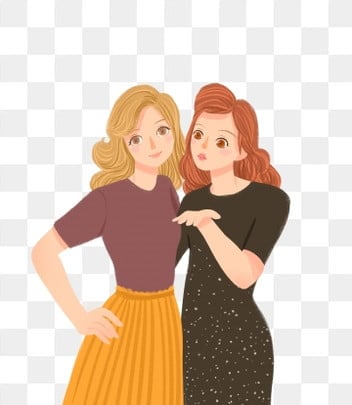
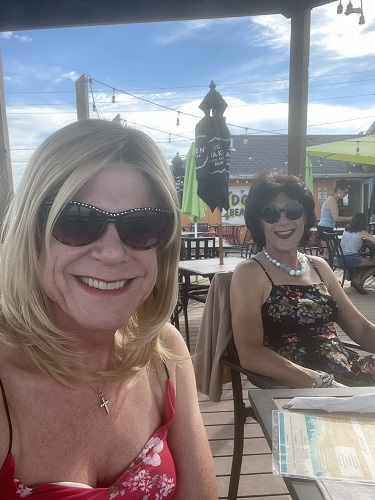

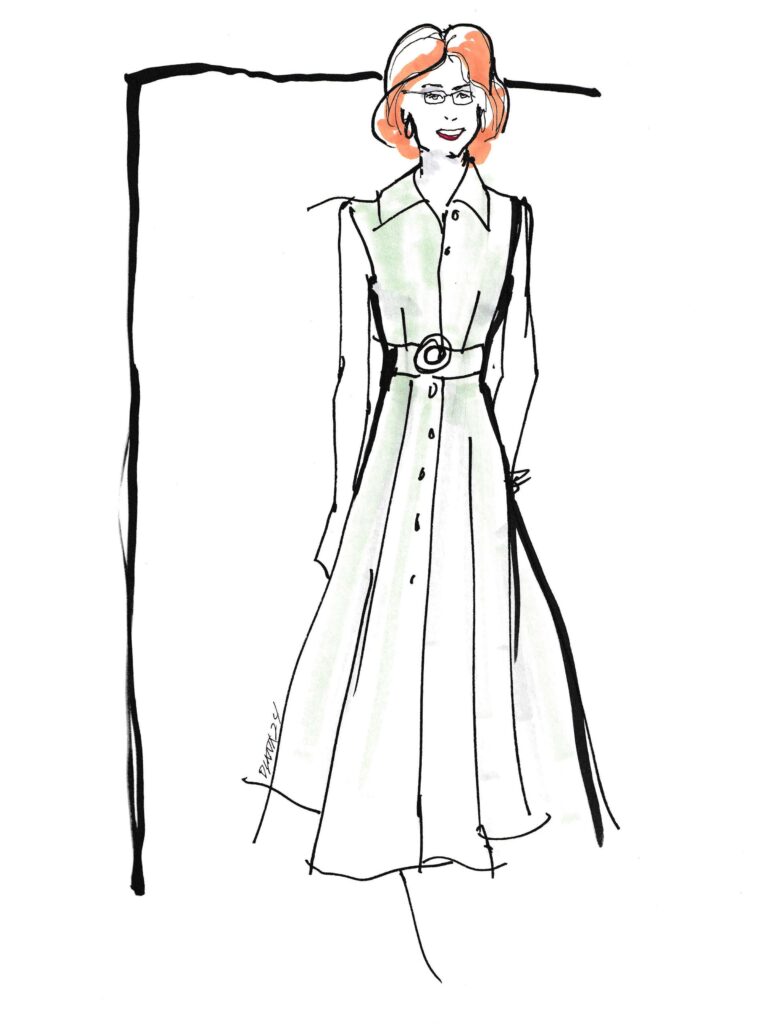




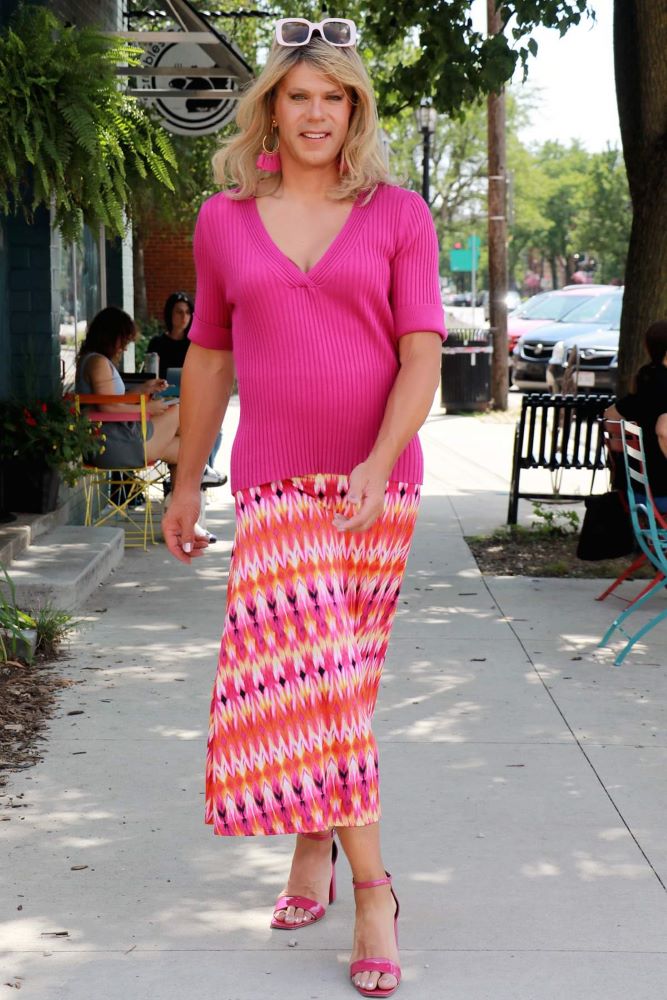
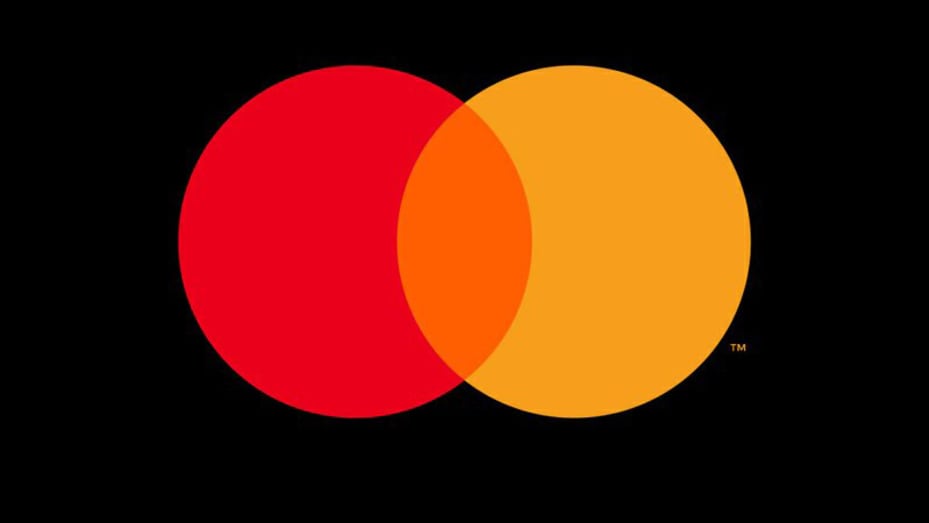
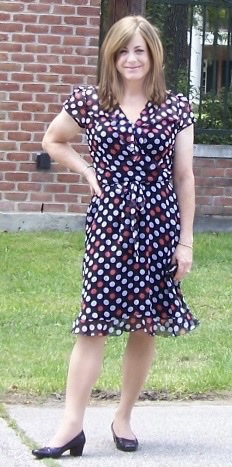
12 Responses
Readers,
I am going to use the Comment space to add a postscript. One the “ghosters” I mentioned in my post above came up to me at my book club meeting last night. She seemed excited to see me again, gave me a hug and then proceeded to tell me excitedly about a recent important event in her life. Much better than being ignored and a good reminder to me not to give up, even if at first I feel I am being snubbed.
Lisa ,
This is a wonderful post , full of common sense and caring thoughts and I can endorse them totally .
I’m not sure if it should be rule one or not but I learnt very quickly when making new friends mostly cis women to drop any conversation about being transgender . I appreciate that raises certain questions , have they accepted you as that or as a genuine female ? You quote a great reply and again I can go along with that , we can sense when we are being treated as equals . In even simpler terms using women’s toilets/restrooms while in their company without batting an eyelid .
The one grey area is when people know of our transition and the question of them spilling the beans arises, it’s happened once to me at my painting group but he was a gentleman enough not to persue the conversation possibly because I moved the subject along quickly without comment .
After six years as Teresa it’s hard to say how many females are close enough to be considered good friends but I do have many as good aquaintances . I love my hobby of painting and love sharing it with others so I now attend two groups with about twenty in each group . I love history so I’ve joined a local National Trust group even to taking a holiday with them last year which at the time pushed my envelope a little further . It’s lovely to say I haven’t had a single problem with all these interactions . If there is a secret I would answer try and be as natural as possible and don’t try too hard to be female , no one is perfect . Added to this would be to consider your appearence carefully , dress appropriately , overdressing can possibly give the game away more than anything .
I appreciate this post does’t apply to everyone being fulltime is very different from a few sacred , cherished hours of dressing . When considering the question of the difference between and crossdresser and a transgender person the answer often given is ” five years ” . The real answer is the need to transtion to satisfy your level of GD , I know some crossdressers who are totally happy with remaining that way .
Teresa,
Some excellent thoughts, especially your comment about “the need to transition to satisfy your level of GD.” I take things one day at a time. I must say that my new friends seem to help a lot with the GD, as acceptance means validation. I can’t predict the future, but so far all the balls are still in the air.
I should add that I am no longer a member of the National Trust for logistical reasons, and I am a bit envious of you for being able to take a holiday with one of your groups.
Lisa
Lisa,
Thank you for sharing your life. I really enjoyed reading this.
Friends are extremely important. I think your rules of the road to gain new ones are excellent. Well done.
Jocelyn
Jocelyn,
Thank you for commenting. I would add that there is so much for me to still learn.
Lisa
Lisa, we’re really being treated this week and your post was no exception. It’s really heartwarming to read of the acceptance you are experiencing and I love your point about unconditional friendship (point i of your six point plan). It’s a mantra that should be ingrained in all of us whether seeking friends or just acceptance, whether in the real or online world.
Clearly, many of us face obstacles to a greater or lesser extent in this respect, the most obvious being wives who have enough issues coming to terms with the fact that we have a softer side without adding a desire to live the dream, so to speak. Even before my ‘Amanda’ side flourished and when I was still working for a large corporation, I always enjoyed the company of female colleagues – there was perhaps an element of living vicariously through them but now I find myself craving those sort of friendships once more. And if they could be enjoyed in a dress and a pair of heels, all the better!
In the end, though, I suspect for many of us, a friendship with a GG represents the pinnacle of validation, particularly when in our male guise, it’s often felt to be taboo because of the potential overtones.
Amanda,
“Potential overtones” is so right. Gender carries so much meaning in our day to day life. Many have said that some of what we say and do while a woman just can’t be said or done by a man.
I always appreciate your feedback. Thank you.
Lisa
Lisa, that’s a good point. I also often wonder whether perceptions would change if, in male mode, I disclosed the existence of my feminine alter ego to a female that knows me as ‘him’. At the outset, I guess there’d be a few questions (more than anything because there’d be an assumption that if I was disclosing this about myself, I’d probably want to talk about it) but what then? Would that be sufficient for her to feel comfortable enough to discuss things that, under normal circumstances, would not be deemed appropriate for a woman to talk about to a man she was not in a relationship with (I’m talking here about clothing styles, makeup shades and that sort of thing, not the more intimate stuff) and, if not, would that change if I then met her in full Amanda mode?
It strikes me that for those of us who have two distinct personas (rather than living fully as one or the other, or androgynously somewhere in between), friend groups seem to be almost always in two mutually exclusive sets – one set which know us as ‘him’ and the other which knows us as ‘her’ (in my case, the latter is exclusively online) but the really interesting bit is where the Venn diagram intercepts, where at best, it’s sparsely populated (and in my case not at all).
Amanda,
I had to face that situation with my painting group . It’s quite interesting how I came out to them , I did a series of three paintings based on my local railway stations . The first one was a quaint village one which sadly no longer exists , I needed to fill an area of a platform with a waiting passenger so I took a series of pictures of myself in the right lightning conditions wearing a range of suitable clothes . My art tutor was quite intrigued by my addition and I assumed ( wrongly ) he’d sussed me out , at coffee time I told him who it was in the picture , his jaw dropped to the floor . It soon became common knowledge as I worked on the painting so the questions and explanations began , at that time I found pictures very useful . The next term I asked David ( tutor ) if it might be possible to attend as Teresa , he struggled to give me an answer as he feared it might create problems with other members and he couldn’t afford to lose them as it required a minimum number to break even . I worked round the problem by missing a week and joining them at their coffee break , the response was unbelieveable , no one had a problem so the following week I carried on as Teresa . The painting was later exhibited in an exhibition with an offer for the local civic society to take it on loan as a historical record , this was a first for David , he’d never had an artist paint themslves into a subject before .
I admit one heck of a way to come out of the closet , I guess it’s a case of nothing ventured nothing gained , I admit to this day my ex-wife has no idea who is in the picture and she has seen it many times .
Teresa,
Thank you for sharing that interesting coming out story. It is wonderful.
Lisa
Lisa,
I have always found myself to be more comfortable in the presence of women than men. At a party or gathering, I seemed to eventually gravitate towards groups of ladies for conversation. Now that I present as a woman, ladies seem more comfortable in having me join in as one of the group. Maybe they feel that by my emulating a woman I may have a better understanding of what women are all about or maybe it’s just that they don’t view me as a male full of salacious desires. Also by presenting as a woman I am now more likely to talk about emotions and feelings which women relate to very well. Having women friends and acquaintances to talk to is another wonderful benefit of being a trans woman. I’m very impressed by the effort you put into this and know that the benefits gained from all the effort are well worth it. I love being thought of as just another one of the girls.
Fiona,
I thought I had replied to thank you for your comment, but I don’t see my reply, so perhaps I failed to post. Worst case you received two replies.
I will add that I often felt more comfortable with and often gravitated towards groups of women in large social gatherings. Looking back, I feel like that became even more pronounced (without intention on my part) after I accepted myself as TG, although I was in “guy mode.”
Lisa